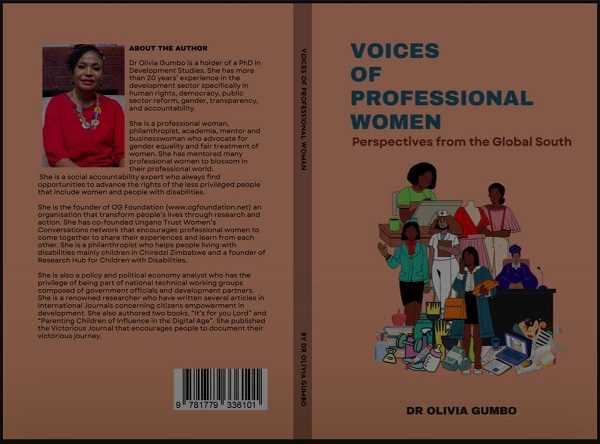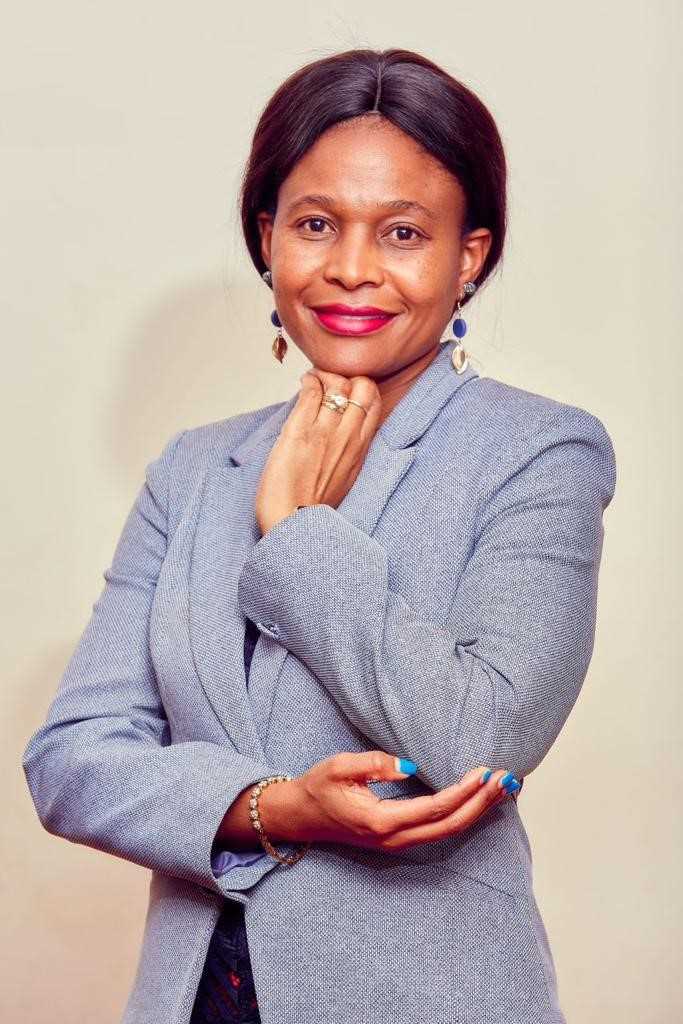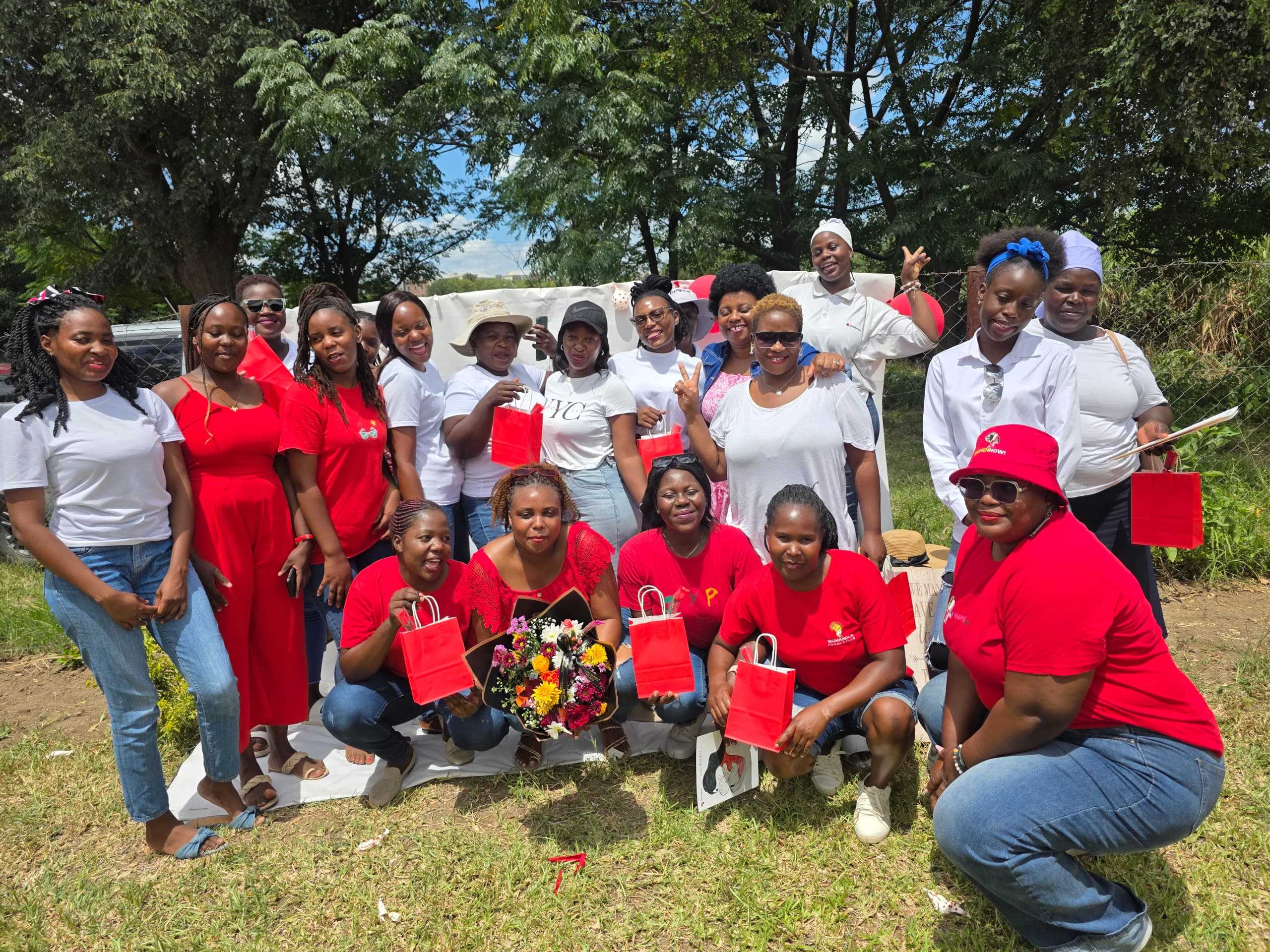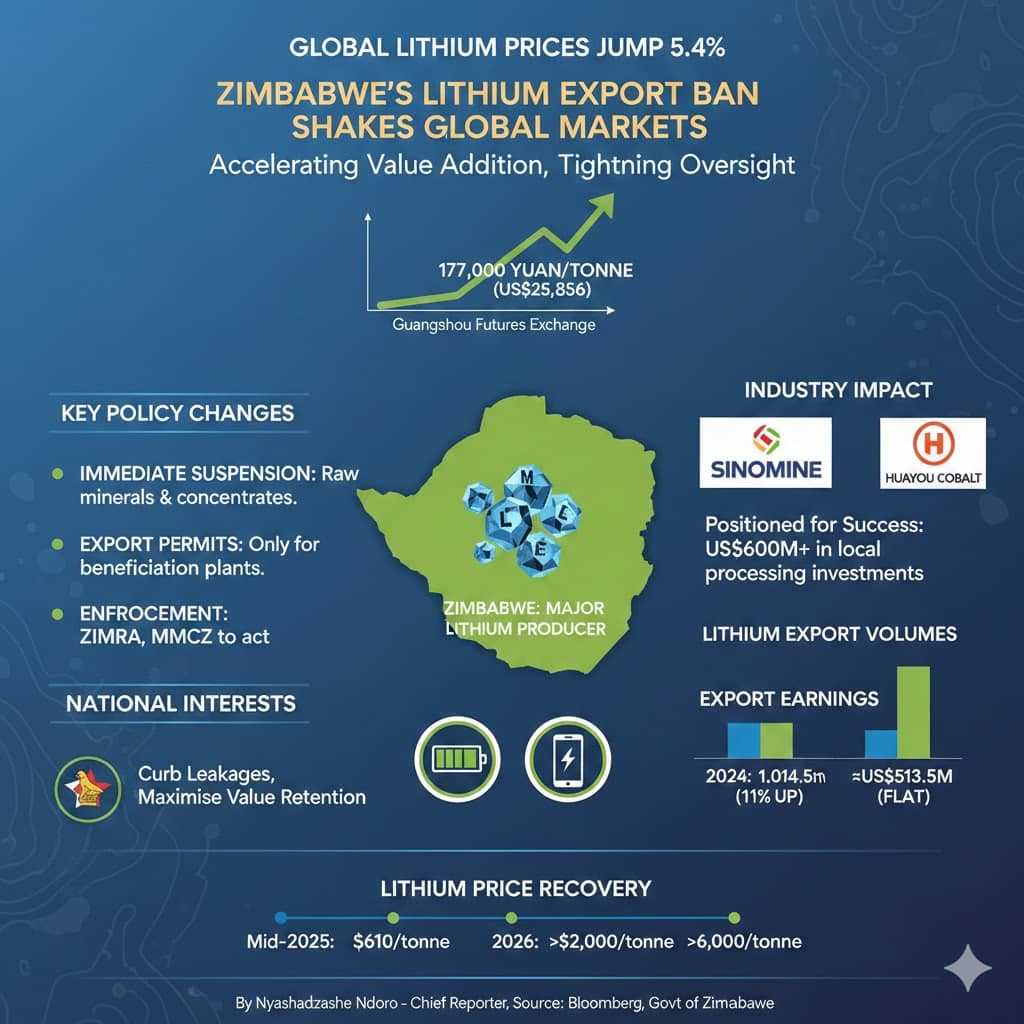
Edmore Zvinonzwa
Development worker, Dr Olivia Gumbo’s latest book, Voices of Professional Women: Perspectives from the Global South, which was officially launched in Harare last week, is a special offering, coming as it does during the Women’s Month.
The world commemorated International Women’s Day on March 8 under the theme “Invest in Women, Accelerate Progress.”
The global theme resonates well with the concerns of Dr Gumbo’s rendition.
Voices of Professional Women: Perspectives from the Global South chronicles the journey that the author herself has travelled as a professional woman. She also adds the experiences of other women.
Generally what she has taken note of is that the lives of these women “at home and at work, and the national policies that address inequalities associated with gender and sex in these spheres of their lives, are not progressing at the same rate as the publicity of the issues”. (p19)
This is a very accurate assessment because in as much as policy positions state that women, who constitute 52% of the population, must have an equal share in decision-making positions, practically this does not seem to be happening.
By “professional”, the author encompasses those in the public and private sector, civil sector, development sector and those who are self-employed whose experiences she had been collecting from these women.
In all sectors of life, there are discernible disparities and inequalities globally. Take for instance sport. Female athletes are not paid as much as their male counterparts and their game is not taken as seriously as those of men.
One of the major aims of the book, according to Dr Gumbo, is to empower the young woman who is coming into the professional realm so that they can manoeuvre past they might encounter in life.
In a previous interview with Zim Now, Dr Gumbo said that she wrote the book to remind womden that they are not alone in this.
“The women have to be reminded that they are not alone in this situation, there are many other women who are facing the same predicament. It is also challenging managers at workplaces to respect women and not create problems for them, Dr Gumbo said in an interview with Zim Now,” she said.
“There are situations where a woman can go on maternity leave and when she returns, she finds her job is gone and yet another dimension where women actually block advancement of other women.

“Most young professional women in the survey and interviews emphasised that older women in positions of power were more difficult to deal with than men. Because of the poor treatment they received from older female executives, some women preferred to be line-managed by men. … Some young women anticipated that older women would understand them better because they are women themselves but found this not to be the case.” (p53)
In the practical world of work, even where gender policies are clearly outlined, there are patriarchal tendencies men have found difficult to abandon and always at the disadvantage of women.
Related Stories
Said the author: “In certain workplaces, female employees are treated as mistresses while some bosses can even treat them as their wives. Sometimes you find women being reduced to giving people refreshments in the boardroom instead of contributing ideas for the growth of the company.”
Dr Gumbo also takes note of certain after-work trends that affect working women and exacerbate their exclusion.
“When men knock off work, they can go to the sports club for drinks and play golf or some other sport. Key company decisions are made at these places at a time when women are supposed to be at home breastfeeding, cooking or some other chores,” said Dr Gumbo.
Some of the testimonies shared by other women in the author’s survey are very revealing. “I think men are not bothered by women who ‘stay in their lane’. However, from my experience in the democracy, governance and human rights sectors, it is other women who team up with men to disadvantage fellow women. Some women verbally and emotionally abuse other women or pull them down for them to climb up the ladder.
“Such women often get ahead by hook or crook, they can have sexual relations with men to stay ahead. This has influenced other men to think it’s normal to have sexual relations with women to elevate them or provide them with opportunities. Some women-led organisations get funding through sexual relations.” (p57)
The author, however, spoke of historical roles that women found themselves in, especially during the liberation struggle. “Chimbwidos were treated as sex objects during the liberation struggle. In student activism circles, if a female student complains about being treated as a sex object, the men can create stories around you so that you are shunned,” Dr Gumbo said.
The revelations in the above seem to show that at times it is treated as normal for women to “sleep their way up corporate ladders” and it tends to destroy hard work. However, the author takes note of the existence of men who are there for women – the He4she champions.
The 179-page book is in a way amplifying the voices of women, especially the professional ones wherever they are, across all sectors of the economy.
“It is telling that women and girls are adversely affected by gender-based inequality across all development pillars, when their representation in leadership roles sits below 50% across most sectors of commerce, industry, and development accordingly.
“What becomes clear that women who work full-time, whether they are employed in the private sector, entrepreneurs, or serving in civil society, government, or the development sector, are still facing gender-based inequalities in the workplace. Their issues have been well-profiled, but their voices have not truly been heard. (p19)
Dr Gumbo is a holder of a PhD in Developmen Studies and has over 20 years’ experience in development sector, particularly human rights, democracy, public sector reform, gender, transparency and accountability. She is also a philanthropist who helps people living with disabilities, mainly children in Chiredzi District.
In this regard, she is the founder of the Research Hub for Children with Disabilities. Her other books are It’s For You Lord and Parenting Children of Influence in the Digital Age. The Victorious Journal encourages people to document their victorious journey.
Voices of Professional Women: Perspectives from the Global South can be used by women organisations in championing their issues while also mentoring young women.
Dr Gumbo also co-founded Ungano Trust Women’s Conversations, a platform where professional women can come together to talk, share and learn from each other.
Happy Women’s Month!



















Leave Comments